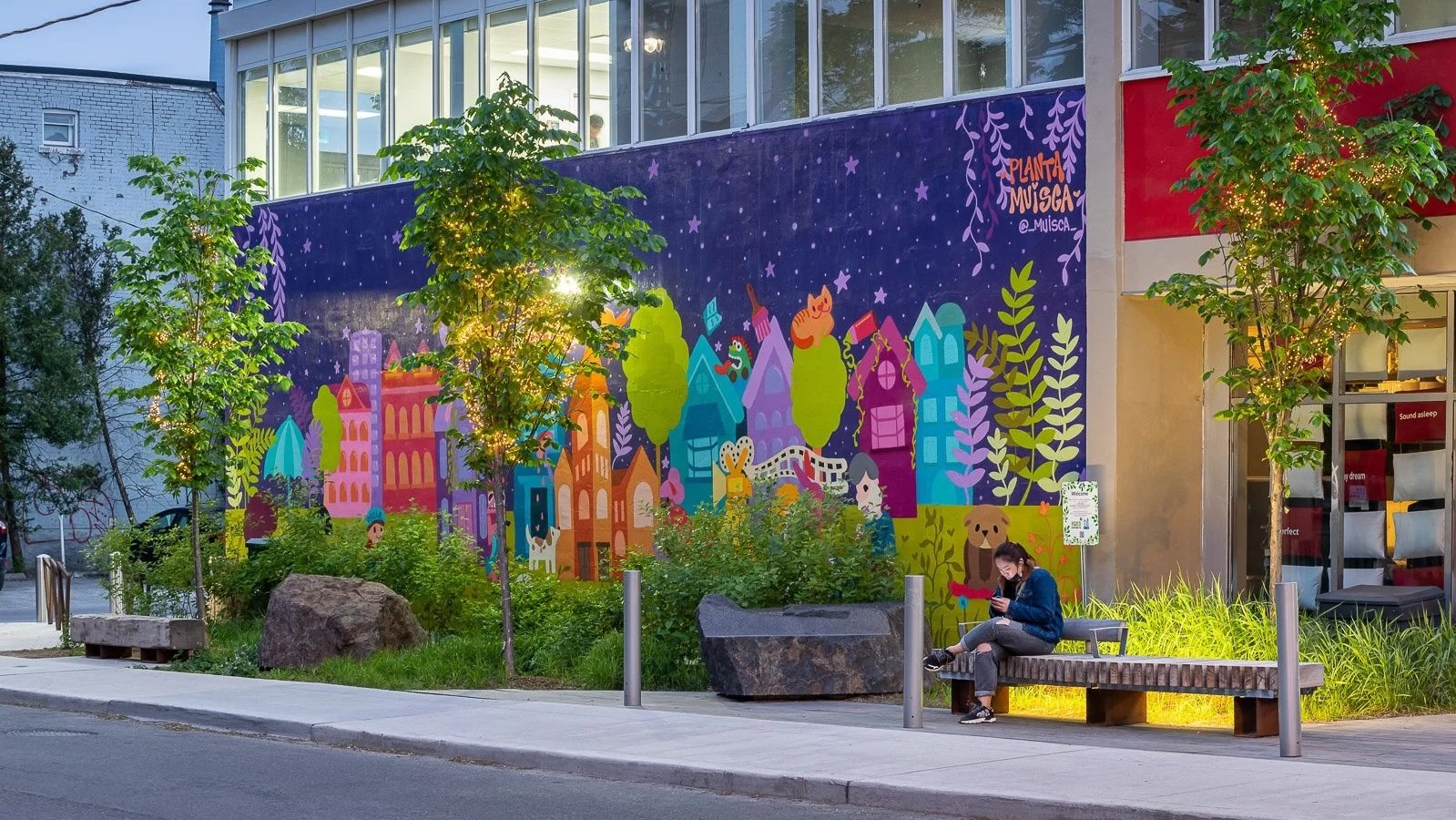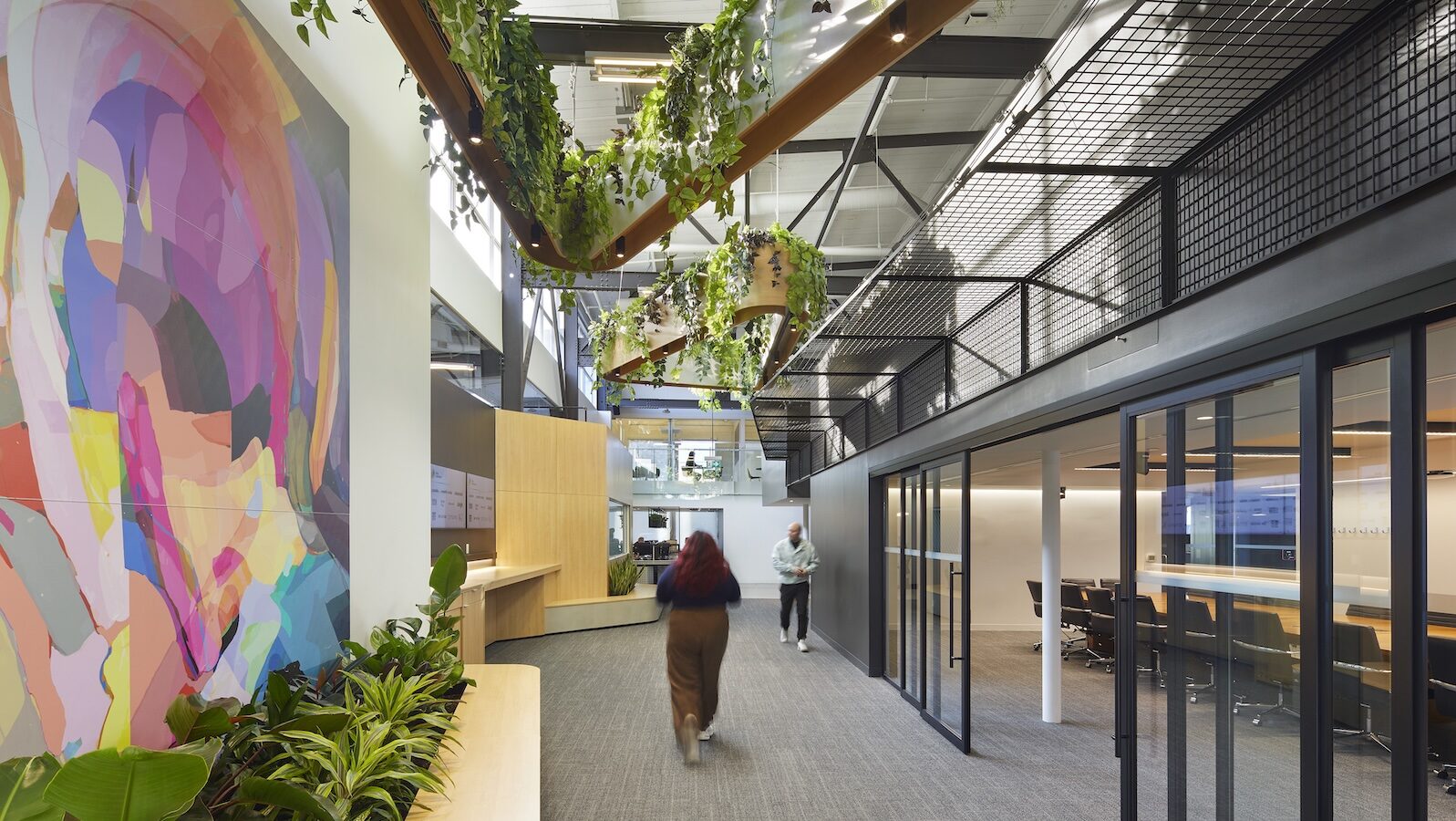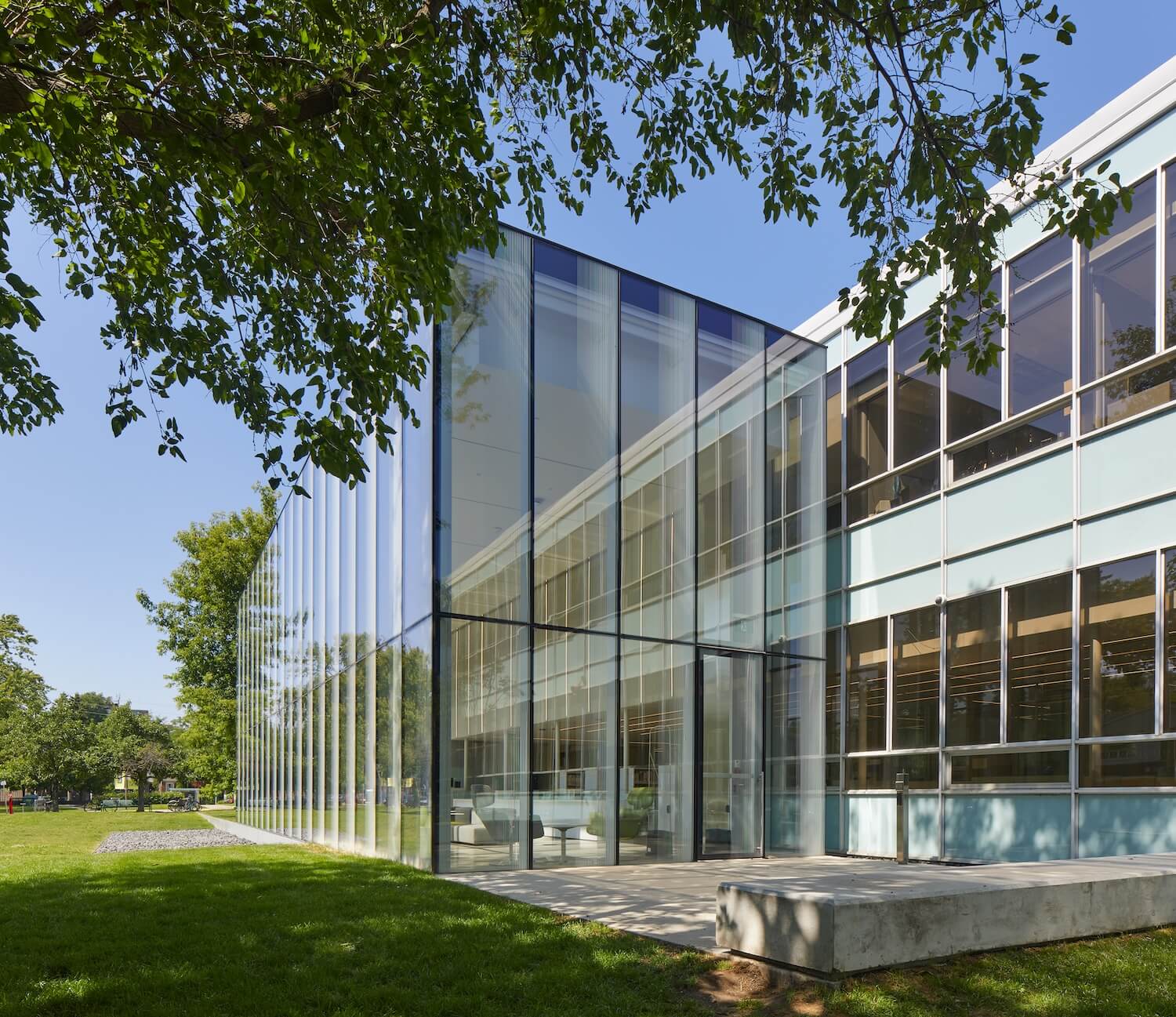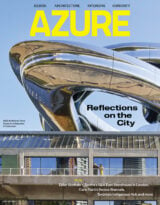
In less than two months, Azure’s Human/Nature 2025 conference will take over Toronto’s Evergreen Brick Works. From October 29 to 30, we’ll be welcoming architects, landscape architects, urbanists, interior and industrial designers from around the world for a global conversation on climate adaptive design. With inspiring keynote speakers and exciting main-stage panel discussions, Human/Nature’s programming offers a multi-disciplinary perspective.
Alongside these featured talks, we have also curated three sets of workshops with speakers from a wonderful array of firms and brands, including WXY, Montgomery Sisam, Two Row, Vitra, ClimateFirst and 5468796, focusing on themes including housing, healthcare, landscape stewardship and new technology for counting carbon. Attendees can select one workshop from each block – a tough choice considering the massive talent throughout.
Workshop Block 1

The first set of workshops, on the morning of October 29, provides climate-adaptive perspectives on mobility, interiors and healthcare. In “Where Mobility meets the Curb,” Claire Weisz of New York’s WXY, Brent Raymond of Toronto’s DTAH – whose Bloor-Annex parkette is shown top of article – and Vincent Clarizio of Montreal’s PXP come together to share insights from smaller feats of tactical urbanism that animate pockets of the city to full-scale master plans that bring sustainably driven ideas to life.
In “Three Perspectives on Sustainable Interiors,” Heather Dubbeldam of Dubbeldam Architecture + Design, Natasha Lebel of Lebel & Bouliane, and Stanley Sun of Mason Studio delve into designing sustainable spaces – spanning housing, workplaces, and hospitality – that prioritize resilience and human well-being.
And in “Nature, Place and Care: Designing the Future of Healthcare,” Brian Porter of Two Row, Jason Dobbin of Montgomery Sisam, Shary Adams of Gensler and Marsha Spencer of Cannon Design, will share diverse projects — ranging from a 68,000-square-metre rehabilitative care centre to an Indigenous health hub and an intimate rural recovery facility — each illustrating a unique approach to nature-integrated care.
Workshop Block 2

On the afternoon of October 29, innovative product design, land stewardship and building renovation are the foci. Sponsored by Creative Matters, “New Materials in Product Design” features global designers and manufacturers – Jeff Forrest of Stackabl, Fiete Schlüter of Vitra, Meg Bruce of Ekoa and Gordon Boggis of Carnegie – who are exploring ecological alternatives to petroleum-based products, from upcycled felt to bio-based alternatives to foam.
In “Beyond the Drawing Board: Landscape Architecture’s Call to Stewardship,” moderated by Margolese Prize laureate Jane Wolff, Brigitte Shim of Shim Sutcliffe shares her firm’s visionary work at the Mnjikaning Fish Weirs, Calvin Brook of Brook McIlroy discusses Thunder Bay’s transformative waterfront, and Chris Reed delves into the community-rooted planning his Boston firm, STOSS, has executed in Boston – three projects that challenge how we plan, consult, and build active, inclusive care for land, water, and air, and the generations to come.
And in “Renovate! Reuse! Reinterpret!,” Chris Burbidge of MJMA, Tyler Sharp of RDHA, and Stevan Abidin of HOK with Antoni Paleshi of WSP Canada explore three transformative projects across Ontario – including Parliament Hill and university campuses – that respect architectural heritage while integrating bold programming upgrades.
Workshop Block 3

The third and last set of workshops begins on the morning of October 30. And these include conversations around missing-middle housing, climate-resilience design tools and how to partner with Indigenous peoples on projects of all types.
“Building for the 99%: Missing Middle in a Time of Crisis” features Kayla Brown of Calgary’s BOLD Workshop Architecture, Shea Gallagher of Toronto’s Superkül, Tudor Radulescu of Montreal’s KANVA and Johanna Hurme of Winnipeg’s 5468796 exploring affordable – and potentially replicable – models that optimize land use, incorporate sustainable materials, and foster resilient communities.
In “From Insight to Impact: Technical Tools for Climate-Resilient Design,” Mike Williams of ClimateFirst and Michelle Xuereb of BDP Quadrangle will explore how integrated design strategies can elevate low-carbon goals while anticipating extreme weather and environmental uncertainty.
And in “Respectful Process, Resilient Results: Indigenous Partnerships in Architecture,” moderated by journalist Kelly Boutsalis, Brian Porter of Two Row, Dan McTavish of Perkins&Will, Bruno Weber of KPMB Architects and Jamie Miller of B+H Architects demonstrate how Indigenous knowledge, biomimicry, and regenerative urban design can inform more respectful and resilient responses to the climate crisis.
Want to learn more? The Human/Nature 2025 website features additional information about this year’s conference — and tickets are now available!
Thank you to our plenary panel sponsor Formica, and our workshop sponsors Creative Matters, Evergreen Brick Works and Scavolini. The conference is presented in partnership with MaRS, WRLDCTY, the Canadian Centre for Architecture and the Interior Design Show. The Human/Nature conference is also supported by the City of Toronto.
9 Great Workshops at AZURE’s Upcoming Human/Nature Conference
Speakers from the likes of WXY, Montgomery Sisam, Two Row, Vitra and 5468796 address topics from housing to healthcare and low-carbon technology.
